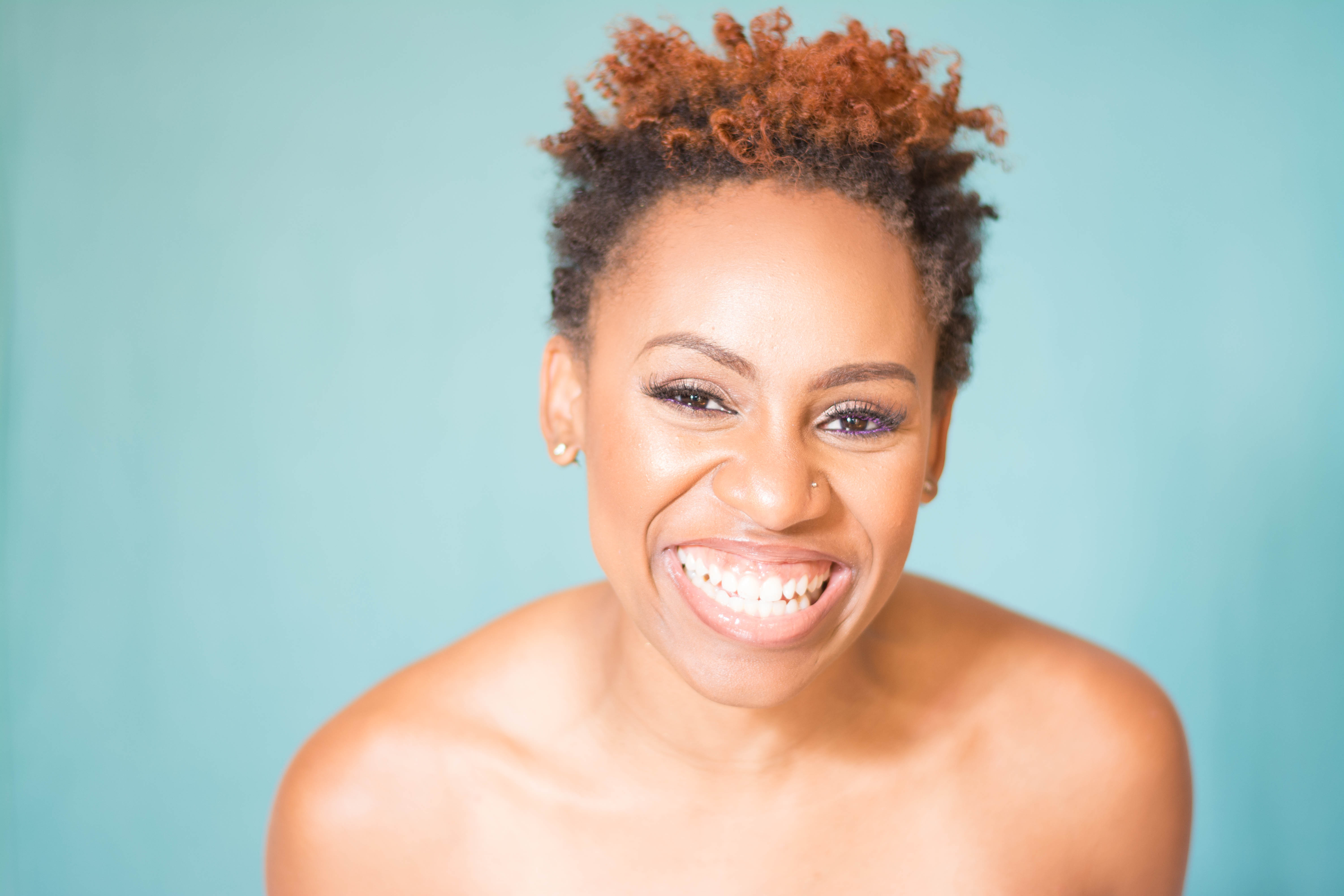When I published "My Husband Didn't Make Me Happy," my inbox was flooded with emails. I was surprised by the number of comments and emails I got from people who thought that valuing my own happiness was selfish. Weak. Greedy. Immature. Who wasIto have the audacity to expect and demand happiness?
It finally dawned on me that, historically, black women in America haven’t been allowed to be happy. Black women are taught to be strong and resilient. We are taught to be independent, hardworking and sacrificial. We are taught to distrust other women and to be skeptical of men. We are taught that the world is tough, nothing will come easy and only the strong survive. We are taught to take pride in the struggle and to take pride in adversity. Simply, we are taught to be “strong, independent black women.” Nobody explains it better than Mama Pope.
I had no idea that simply declaring a commitment to creating a life of happiness was revolutionary. Learning to love my kinky curly hair challenged the self-hate that racism perpetuates. Letting go of a failing marriage challenged societal norms. Supporting, uplifting and loving other women challenged patriarchy. Deciding to watch less television and read more books challenged popular media culture. Quitting my high-paying corporate job challenged capitalism. Eliminating the need to acquire objects and putting more value on experiences challenged the essence of the American Dream. The steps I took toward being happier were revolutionary — and I had no idea.
And honestly, I began to feel guilty. I felt guilty that the life that I wanted, the life that I was actively creating, was actually happening. And I froze. I stopped writing blogs. I stopped posting on Instagram. I stopped booking speaking engagements. My workouts slowed down and my eating started to slowly deteriorate. It was as if I was more comfortable sitting in my dysfunctional place of unhappiness. Happiness was so uncomfortable that I fought it. I felt like I was less of a “strong black woman” because my life was “too easy” and I didn’t have enough “struggle.” Being overworked, under-rested and overextended were more comfortable than being happy, healthy and free.
Although society had created the structures to oppress me, I had internalized them. And actively breaking those oppressive thoughts, patterns and behaviors was my responsibility. I had to redefine what it meant for me to be a black woman and it wasn’t going to happen overnight. Here are some strategies that I used when I found myself blocked from achieving happiness:
1. Yoga
I'm a big fan of yoga. It's the only 90 minutes of my day when I don't have my cell phone and it's the time when I feel the most present. I get to push myself physically as well as mentally. (Plug: If you are in D.C. I am going to be teaching classes at Khepera Wellness, a yoga studio dedicated to creating a space for black and brown people on the yoga mat and the home of Trap Yoga. Come and flow with me.)
2. Therapy
I didn’t feel like I was in “crisis,” so I didn’t think I needed a therapist. I was wrong. I had to realize that mental health is just as important as physical health. I don’t only workout when I'm feeling unhealthy. I work out regularly to ensure that I stay healthy. Seeing a therapist is the same idea, it should be a part of your monthly routine. Just like getting your eyebrows waxed. It is time for therapy to be normalized and destigmatized. Go and find yourself a good therapist.
3. Journal
Write down your thoughts. Write down your journey. My blog is a journal of sorts for me. It allows me to process ideas and thoughts and work through my emotions. Sometimes the act of just writing something down can help you heal.
4. Aromatherapy
Get yourself some nice candles (support black-owned Knits, Soy, Metal) and a diffuser. You will be surprised what impact getting your house to smell like a spa will have on your energy.
5. Turn off the TV
I didn’t realize how many mindless hours I was wasting watching trash TV. Don't get me wrong, I still watch television, but now it is more intentional. I stream the shows I want to watch instead of just flipping to a channel randomly. I discovered a wealth of documentaries on Netflix that educate — not just entertain.
6. Read
Everything you want to know is in a book. Period. Try to increase your reading and get your friends to do the same. Maybe you can spend your time talking about a book that moved you instead of a reality show that mildly entertained you.
7. Evaluate your relationships
If you are trying to move to new levels, you need the people around you to be committed to the same thing. Apply the same focus, rigor and discernment to evaluating friendships as you would use to evaluate your romantic relationships. Find your tribe.
I am a black woman who is committed to creating happiness in my life and giving others the space to create happiness in theirs. Happiness is indeed revolutionary and I invite you to join me in this revolution.
